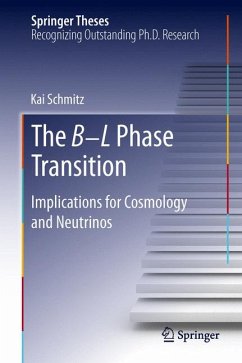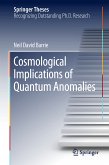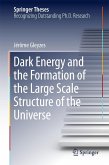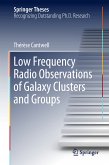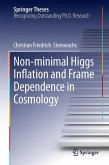Several of the very foundations of the cosmological standard model — the baryon asymmetry of the universe, dark matter, and the origin of the hot big bang itself — still call for an explanation from the perspective of fundamental physics. This work advocates one intriguing possibility for a consistent cosmology that fills in the theoretical gaps while being fully in accordance with the observational data. At very high energies, the universe might have been in a false vacuum state that preserved B-L, the difference between the baryon number B and the lepton number L as a local symmetry. In this state, the universe experienced a stage of hybrid inflation that only ended when the false vacuum became unstable and decayed, in the course of a waterfall transition, into a phase with spontaneously broken B-L symmetry. This B-L Phase Transition was accompanied by tachyonic preheating that transferred almost the entire energy of the false vacuum into a gas of B-L Higgs bosons, which in turn decayed into heavy Majorana neutrinos. Eventually, these neutrinos decayed into massless radiation, thereby producing the entropy of the hot big bang, generating the baryon asymmetry of the universe via the leptogenesis mechanism and setting the stage for the production of dark matter. Next to a variety of conceptual novelties and phenomenological predictions, the main achievement of the thesis is hence the fascinating notion that the leading role in the first act of our universe might have actually been played by neutrinos.
